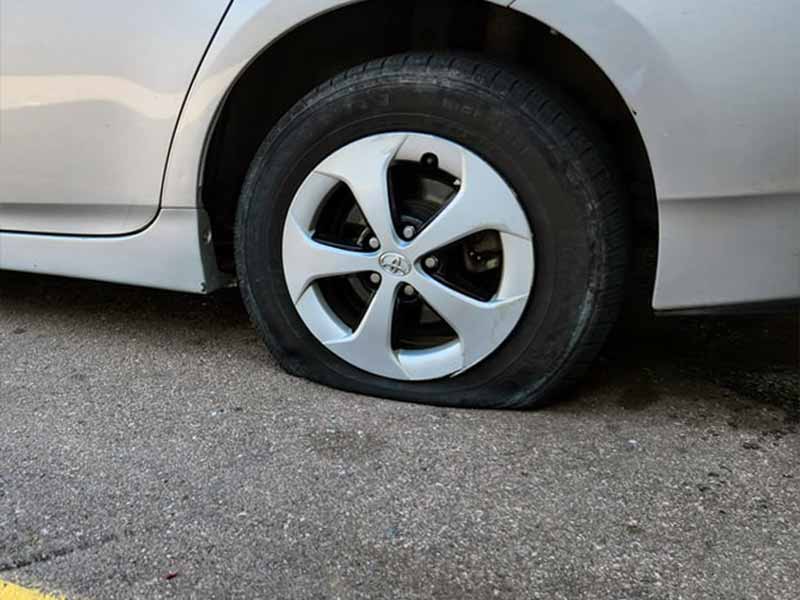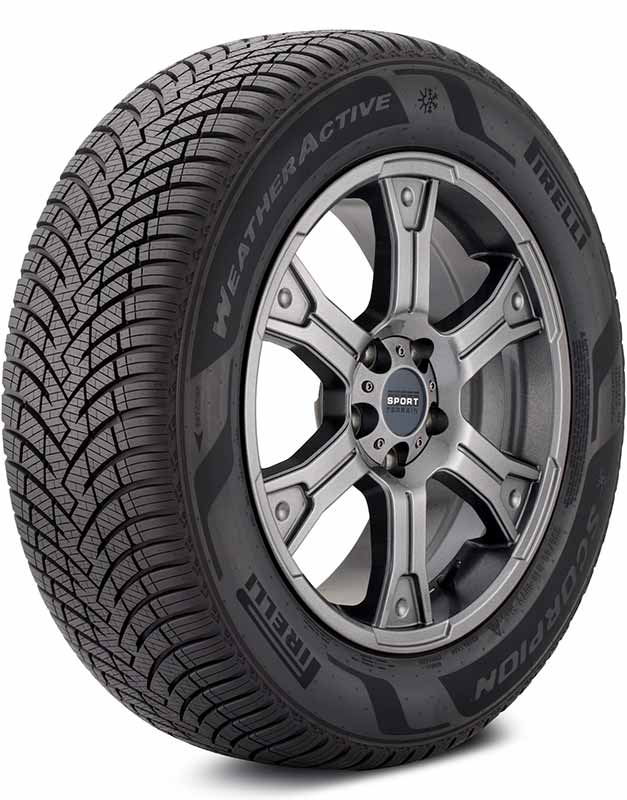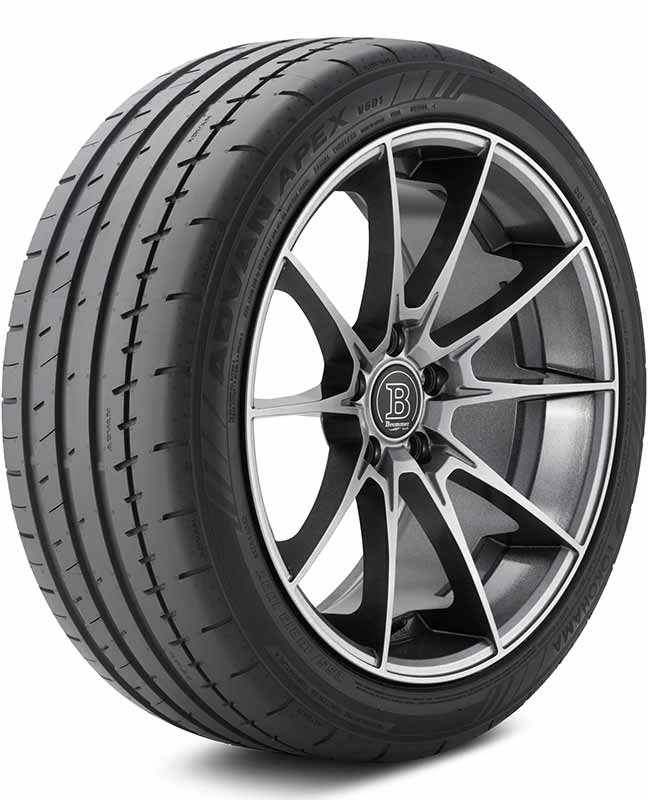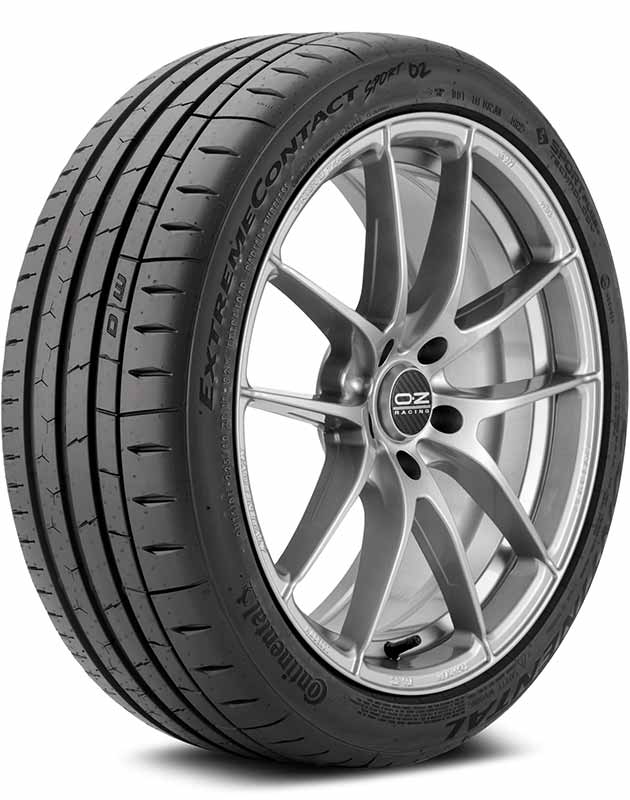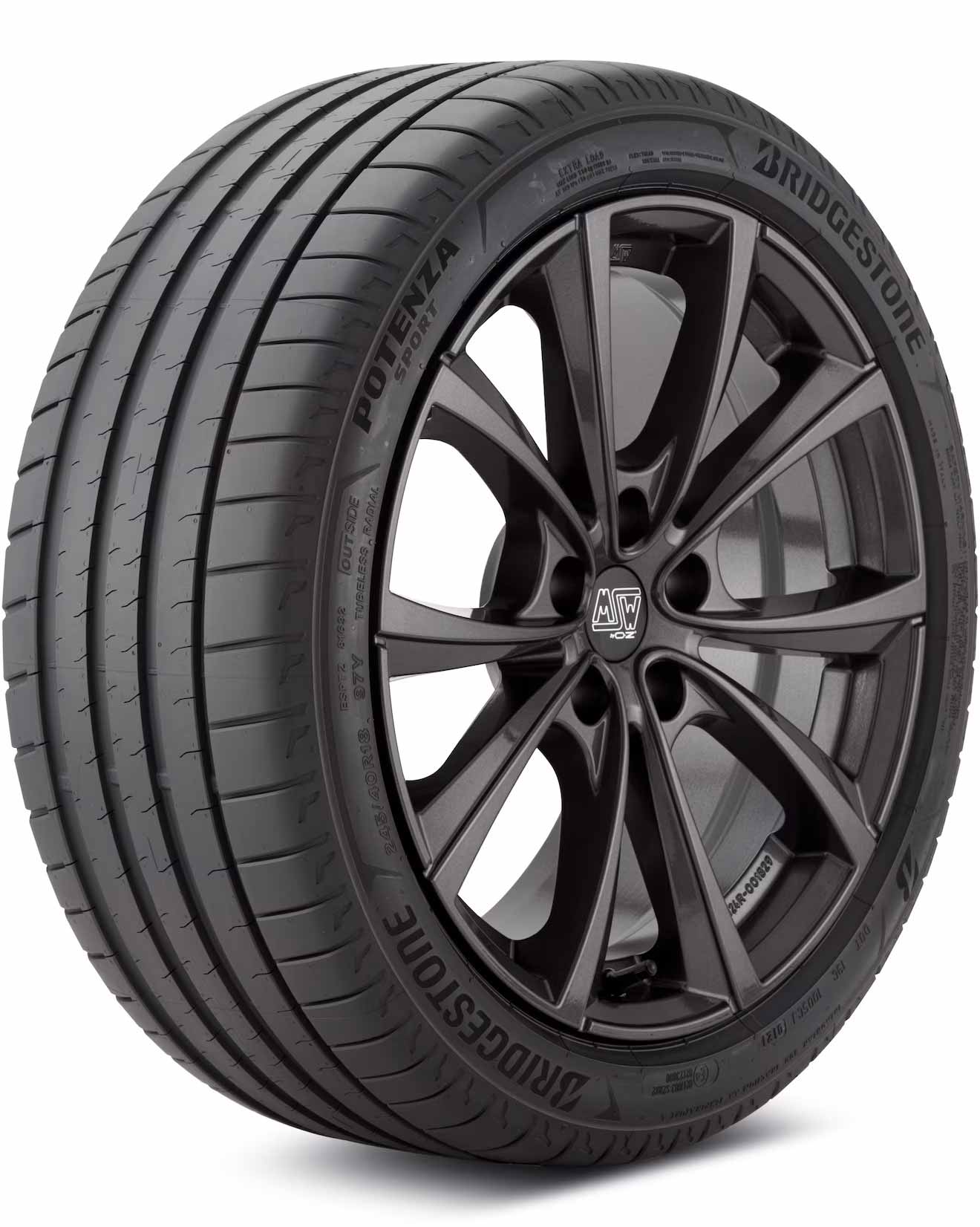Ever noticed your tire seeming a bit low, but not quite flat? It’s like a slow drip in a faucet, a bit annoying and it just doesn’t seem to go away. Well, that’s a slow tire leak, and it’s more than just an inconvenience. It could also be a serious safety hazard.
How To Fix A Slow Leak In A Tire
Fixing a slow tire leak involves identifying the source of the leak, preparing the affected area, and applying a tire patch or plug. For temporary relief, products like Fix-A-Flat can be used, but a professional should always inspect the tire to ensure a proper and safe repair.
In this article, you’ll learn how to identify a slow tire leak and why it’s crucial not to ignore it. We’ll guide you through the steps to fix the leak and bust some common myths about slow tire leaks.
Let’s take a closer look.
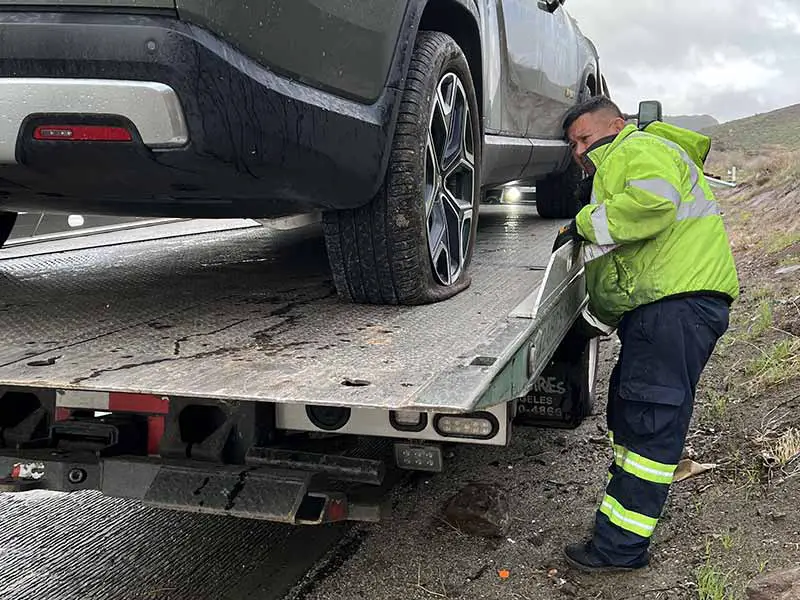
How To Identify A Slow Tire Leak
We all know the frustration of seeing a tire that seems to be losing air little by little. It’s not flat, but it just doesn’t stay at the recommended pressure and your TPMS light keeps turning on after topping it up. This, my friends, is what we call a slow tire leak. But, don’t worry, because as your tire-expert buddy, I’m here to help you identify this pesky problem. Here’s how you do it:
Visual Inspection of The Tire
- Start with a good, old-fashioned visual check. Look over each of your tires closely. Pay special attention to the tread area – that’s the part of the tire that touches the road. Look for anything unusual, like a small nail or a piece of glass that could be causing the leak.
- Next, check out the sidewalls of your tires. If there’s a cut or puncture here, that could be your culprit.
Water-Soap Mixture Trick
Now, if you didn’t find anything in your visual check, it’s time for some detective work. We’re going to use a simple water-soap mixture to help spot the leak. Here’s how:
- Mix a little bit of liquid dish soap into a spray bottle filled with water. Shake it up real good to get some suds going.
- Spray the soapy water all over your tire – tread, sidewalls, and don’t forget the valve stem. We’ll talk about this more in a bit.
- Now, watch closely for any bubbles that form. If you see bubbles forming, you’ve found your leak. It’s the air escaping from your tire and causing the soap bubbles. It’s a pretty neat trick, right?
Checking The Valve Stem
The valve stem is that little protrusion where you put in air. It’s small but mighty. If it’s damaged or loose, it could be the source of your slow leak. Let’s check:
- First, take a close look. If the valve cap is missing or if the stem looks cracked or worn, you may have found your problem.
- Next, use your soapy water spray again. Spray the valve stem, especially around the base and at the opening. If you see bubbles form, there’s a leak here.
- And here’s a pro-tip: If your valve stem is leaking, you can tighten it with a valve stem tool, which you can pick up at any auto parts store. But, remember, this might only be a temporary fix. You’ll likely need a new valve stem to really solve the problem.
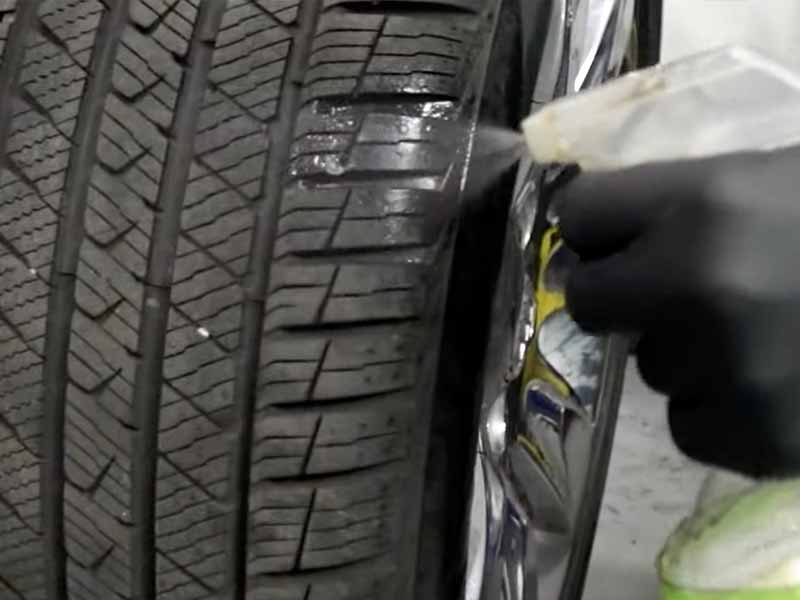
Safety Concerns Regarding Slow Tire Leaks
Is it really a big deal if my tire is leaking a little bit? The short answer is yes. Even a slow tire leak can lead to some serious safety issues.
Is It Safe To Drive With a Slow Leak?
Now, I’m gonna be straight with you here. While it might be tempting to ignore a slow tire leak, it’s really not safe to drive with one. Here’s why:
- Decreased Tire Pressure: Even a slow leak can cause your tire’s pressure to drop below the safe and recommended levels. This can make your vehicle handle differently, and it can increase the risk of a blowout – that’s when the tire pops while you’re driving. Trust me, that’s not a situation you want to be in.
- Increased Wear And Tear: A tire with low pressure due to a slow leak will wear out faster. The tread won’t last as long, and that means you’ll have to replace your tires sooner. And, let’s face it, tires aren’t cheap!
Does A Slow Leak In a Tire Get Worse?
I hate to be the bearer of bad news, but a slow leak in a tire can definitely get worse over time. That small hole or crack can expand, leading to a faster leak or even a flat tire. Plus, driving on a tire with a slow leak can cause more damage to the tire itself. So, even though it might be a “slow” leak now, it’s still a problem that needs fixing ASAP.
How To Fix A Slow Tire Leak
Alright, we’ve identified the slow leak and understand why it’s a serious business. Now let’s talk about fixing it. Grab your tools, roll up your sleeves, and let’s get to work.
Step-By-Step Guide to Fix a Slow Tire Leak
Here are the basic steps to fix that annoying slow leak:
- Locate The Leak: By now, you should know how to do this from our earlier section. If you haven’t, go back and check. It’s important to know exactly where the leak is coming from before you can fix it.
- Prepare The Area: If you’ve got a puncture from a nail or other object, remove it. Next, you’ll need to rough up the area around the leak with an emery cloth or a small file. This helps the repair material stick better.
- Apply The Repair Material: This is typically a tire plug or patch. Make sure to follow the instructions on the package. Push the plug or patch into the hole until it’s sealed.
- Let It Dry: Once the repair material is in place, give it some time to dry.
- Check Your Work: After it’s dried, fill the tire back up with air to the recommended pressure. Then, do the soapy water test again. If you don’t see any bubbles, congrats! You’ve fixed your slow tire leak.
Using Fix-A-Flat As A Temporary Solution
Now, let’s talk about Fix-A-Flat. This stuff is like a band-aid for your tire. It can seal minor leaks long enough to get you to a repair shop. But remember, it’s only a temporary fix. Here’s how to use it:
- Shake the can well, then connect the hose to your tire’s valve stem.
- Fill the tire with the Fix-A-Flat, then drive a short distance to distribute the sealant inside the tire.
- As soon as you can, get to a repair shop. They’ll need to remove the Fix-A-Flat and do a proper repair.
When To Consult A Professional
If you’re not comfortable doing these repairs yourself, or if the leak is at the tire’s sidewall or rim, it’s time to call in a pro. These areas can be tricky to fix and may require a new tire or rim.

Fix-A-Flat Tire Sealant Is A Temporary Solution
Common Misconceptions About Slow Tire Leaks
Now that we’ve covered identifying and fixing slow tire leaks, it’s time to bust some myths.
Misconception: Fix-A-Flat Is A Permanent Solution
It’s easy to think that a can of Fix-A-Flat can solve all your tire woes. But remember, Fix-A-Flat is just a temporary fix. It can help seal a small puncture and get you to a repair shop, but it’s not meant to be a long-term solution. You still need a proper tire repair or replacement to really fix the problem.
Misconception: If My Tire Is Leaking Around The Rim, I Need A New Tire
Not necessarily. If your tire is leaking around the rim, it could be because of a poor seal between the tire and rim, which can be caused by dirt or corrosion on the rim. You might not need a new tire, but you will need to clean and reseal the rim.
Here’s what you do:
- Remove the tire from the rim. (This is usually best done by a professional, as it requires special equipment.)
- Clean the rim thoroughly. Remove any dirt, rust, or old sealant.
- Apply a new layer of tire sealant to the rim.
- Remount the tire to the rim and inflate it to the recommended pressure.
- Test for leaks with your soapy water spray.
If the leak persists after this, then it’s time to consult a professional. You might need a new tire or wheel.
Resources
Below are some links you may find helpful when learning about tires
Final Thoughts
A slow tire leak is more than just a minor inconvenience. It’s a potential safety hazard that deserves your attention.
The key takeaway from this article is that while slow tire leaks can be tricky to spot and fix, it’s crucial to address them promptly to ensure your safety on the road. Fixing a slow tire leak might require some elbow grease or a quick trip to the professionals, but it’s always worth it to keep your ride smooth and safe.
Good luck and happy motoring.
